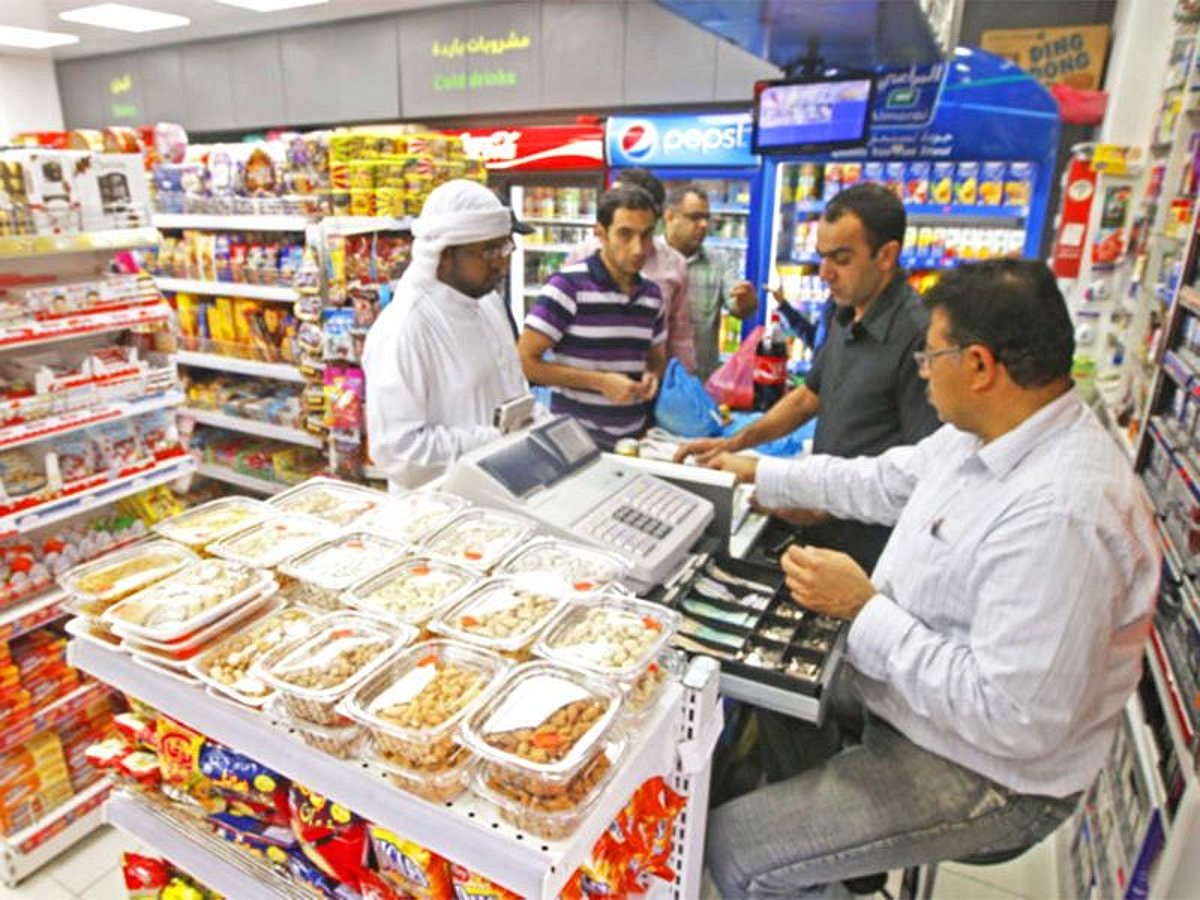UAE Introduces New Sugar Tax for Beverages in 2026
The Federal Tax Authority (FTA) in the UAE is preparing businesses for a significant change in how sweetened beverages are taxed. Starting in early 2026, a new excise tax system will be introduced, linking tax rates directly to the sugar content of drinks. Companies involved in the production, importation, or storage of these beverages need to take immediate steps to comply with the upcoming regulations.
New Tax Structure
The forthcoming tax model, known as the “Tiered Volumetric Model,” will replace the existing fixed-rate tax on carbonated drinks. Instead of a uniform tax rate, the new system will categorize drinks based on their sugar content per 100 milliliters. The classifications are as follows:
– **High-sugar drinks**: 8 grams or more of sugar per 100 ml – **Moderate-sugar drinks**: Between 5 grams and 8 grams per 100 ml – **Low-sugar drinks**: Less than 5 grams per 100 ml – **Artificially sweetened drinks**: 0% tax if no added sugar is present
This new approach aims to encourage healthier consumption patterns by taxing higher sugar content more heavily.
Compliance Requirements
To comply with the new tax regulations, businesses must obtain an Accredited Conformity Certificate from the Ministry of Industry and Advanced Technology (MoIAT). This certificate verifies the sugar and sweetener content of beverages based on laboratory tests conducted by approved facilities. Companies that fail to secure this certification will have their products classified as high-sugar drinks until proven otherwise.
The FTA emphasizes that early preparation is crucial for a smooth transition to the new tax system. Companies can find detailed information about the new tax mechanism on the FTA’s official website.
Laboratory Testing and Certification Process
To obtain the conformity certificate, businesses must submit laboratory reports from accredited facilities. These facilities should meet national or international standards, such as those set by the Emirates National Accreditation System (ENAS) or ISO/IEC 17025. The application process is streamlined and can be completed online through the MoIAT platform.
The certificate will provide comprehensive details about the beverage’s sugar content, including natural sugars, added sugars, and artificial sweeteners. It will also indicate whether the drink contains any artificial ingredients.
Transition Period and Support
The FTA has issued a Public Clarification outlining the changes and the rationale behind the new tax model. This clarification is accessible on the FTA website. Officials have stated that the authority is committed to providing businesses with ample time to adjust their production processes and update their records before the new regulations take effect.
The FTA will collaborate with government partners and the private sector to ensure that businesses are well-informed and can adapt smoothly to the new tax system.
FAQs
What is the new sugar tax model in the UAE?
The new sugar tax model, called the “Tiered Volumetric Model,” will categorize beverages based on their sugar content, with tax rates varying according to the amount of sugar per 100 ml.
How can businesses obtain the Accredited Conformity Certificate?
Businesses must submit laboratory reports from accredited facilities to the Ministry of Industry and Advanced Technology (MoIAT) to obtain the conformity certificate, which verifies the sugar content of their beverages.
When will the new tax system take effect?
The new excise tax system is set to be implemented in early 2026, following the issuance of final legislation by the Federal Tax Authority.
Conclusion
The UAE’s new sugar tax on sweetened beverages represents a significant shift in public health policy aimed at reducing sugar consumption. Businesses are encouraged to prepare early by obtaining the necessary certifications to ensure compliance with the new regulations. As the implementation date approaches, ongoing support from the FTA will help facilitate a smooth transition for all stakeholders involved.
The introduction of the sugar tax aligns with global trends aimed at combating rising obesity rates and related health issues. Many countries have implemented similar measures, recognizing the link between high sugar consumption and chronic diseases such as diabetes and heart disease. The UAE’s initiative reflects a growing awareness of public health and the need for preventive measures.
As the deadline approaches, businesses are encouraged to engage with industry associations and regulatory bodies to stay informed about best practices and compliance strategies. This proactive approach will not only help companies meet the new requirements but also contribute to a broader cultural shift towards healthier beverage options in the UAE.
Also Read:
Emirates Named Best International Airline for 2025






